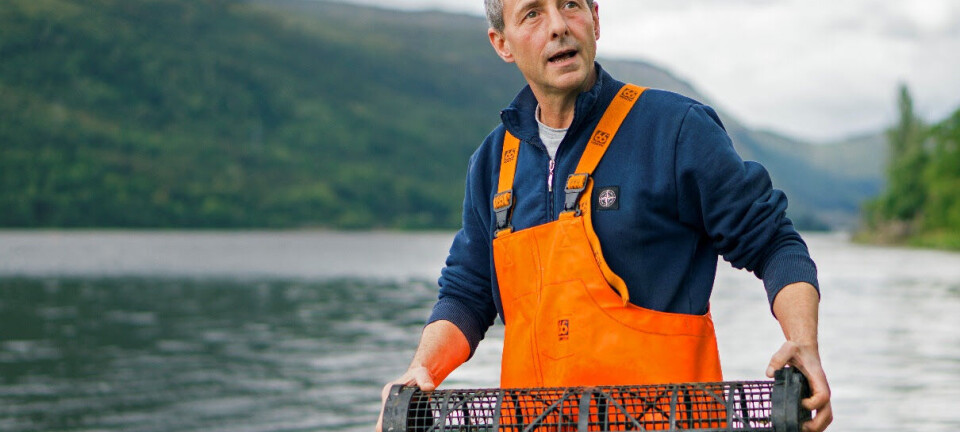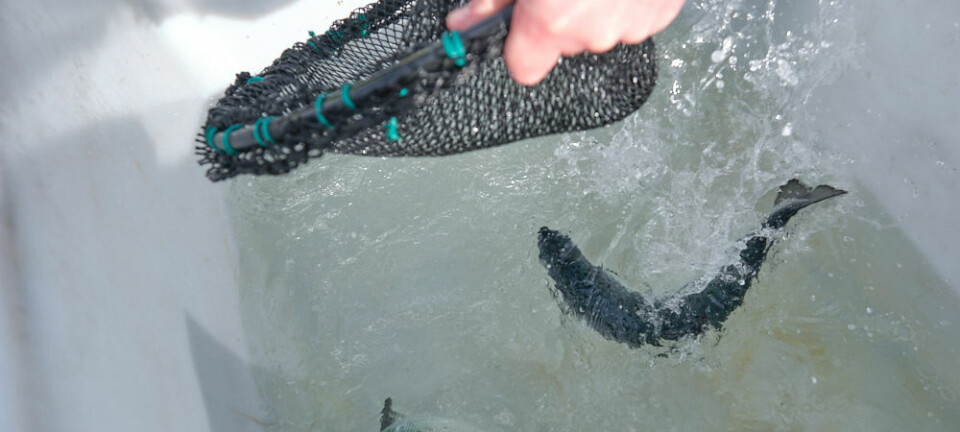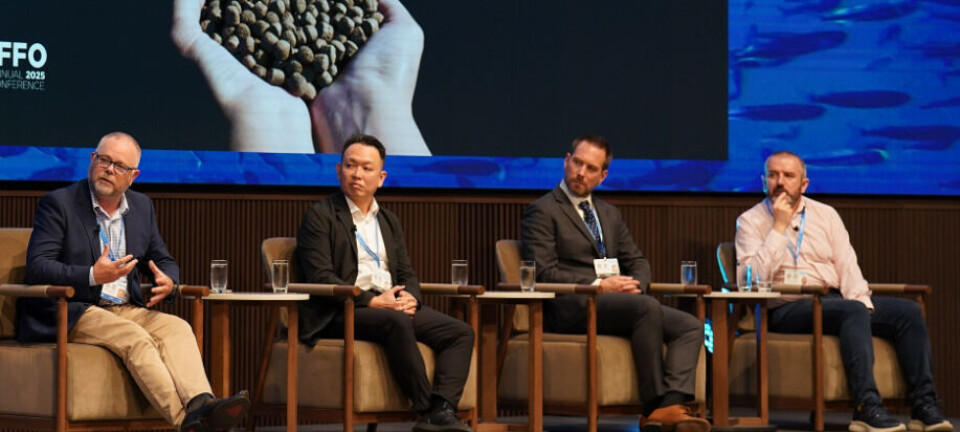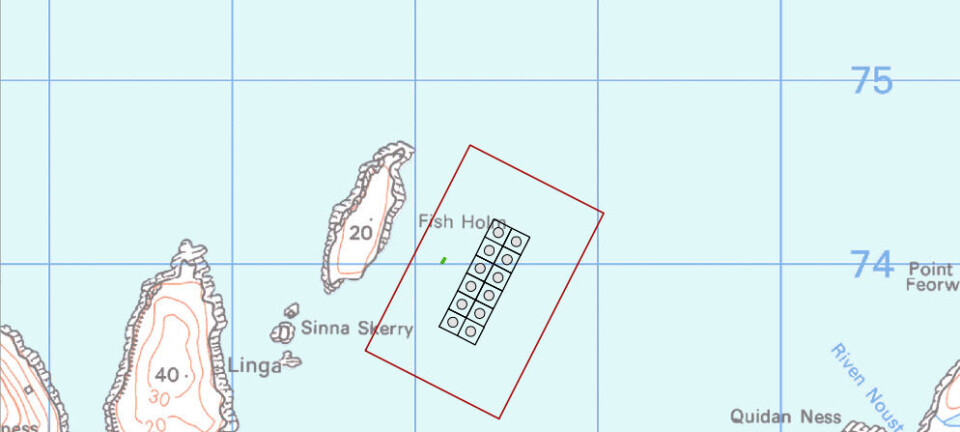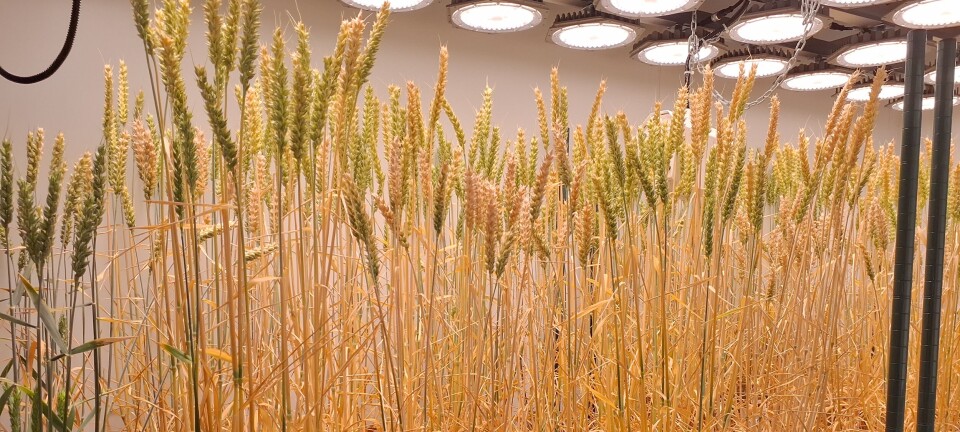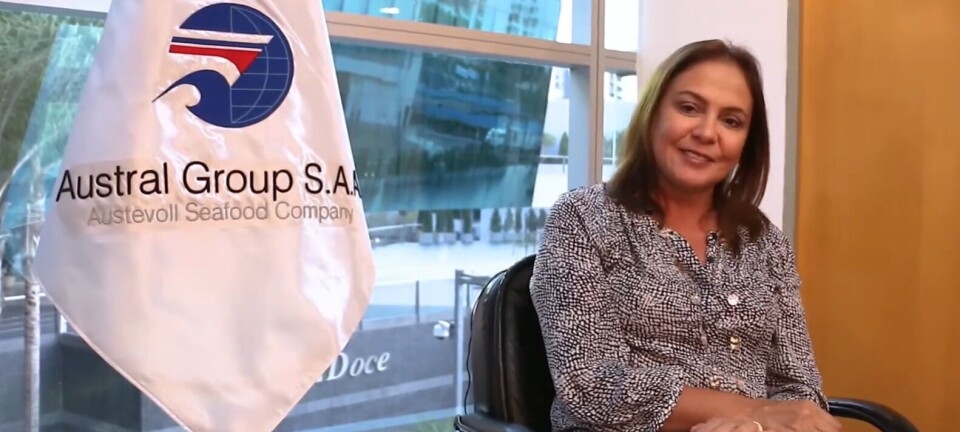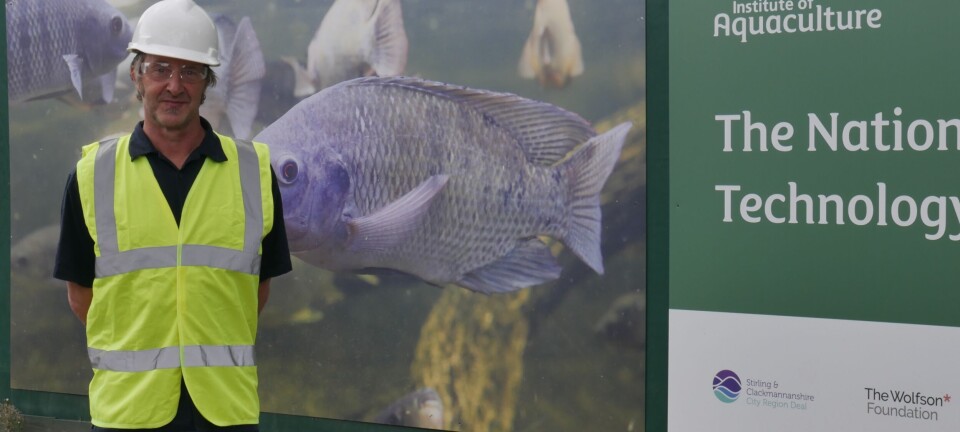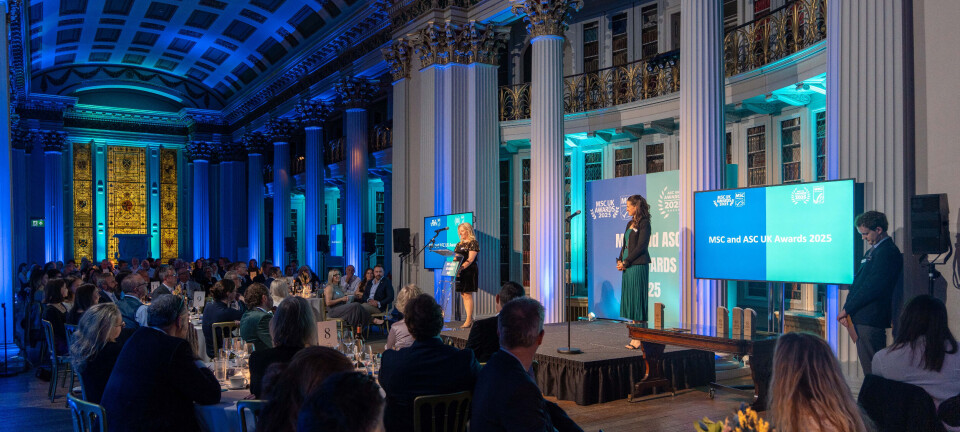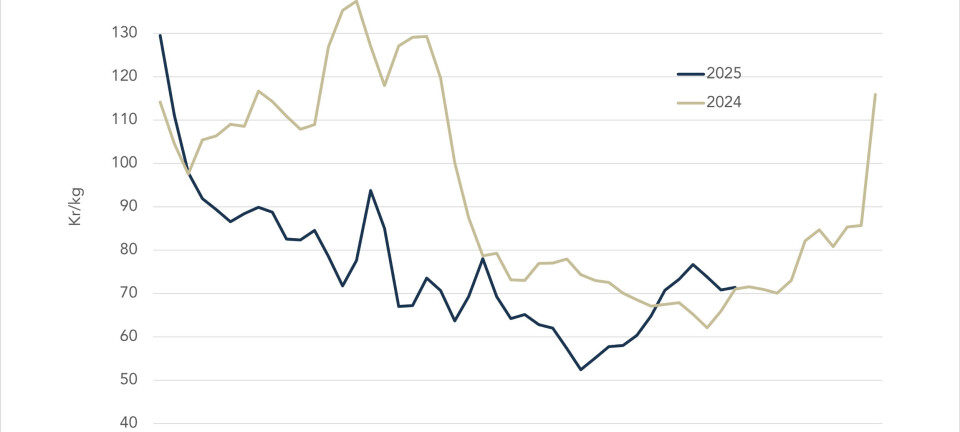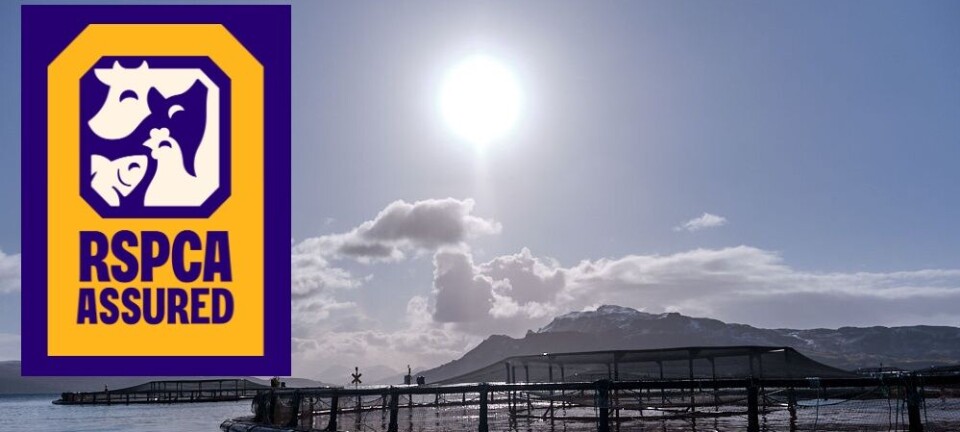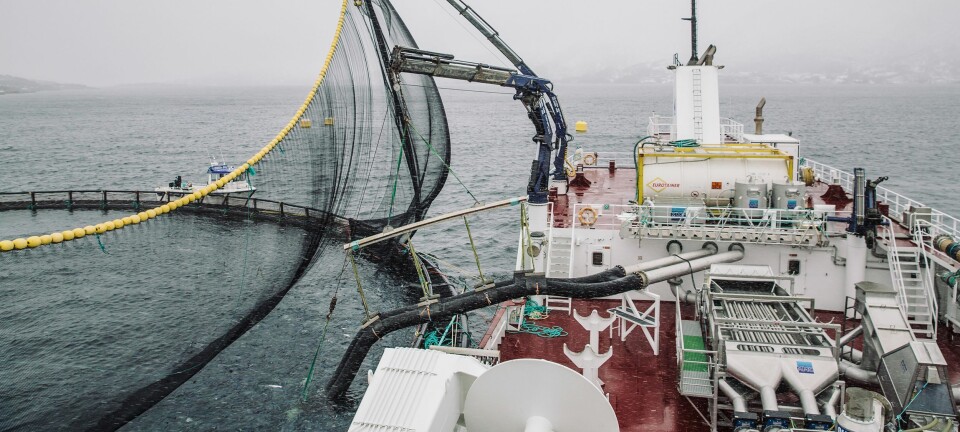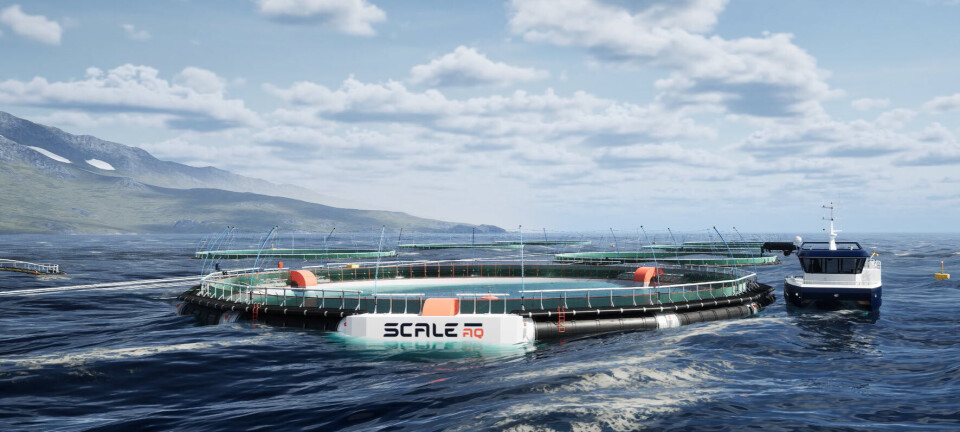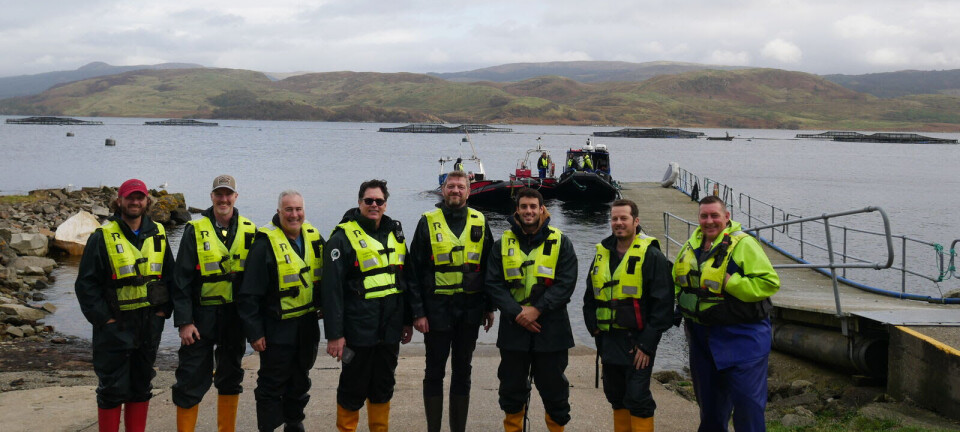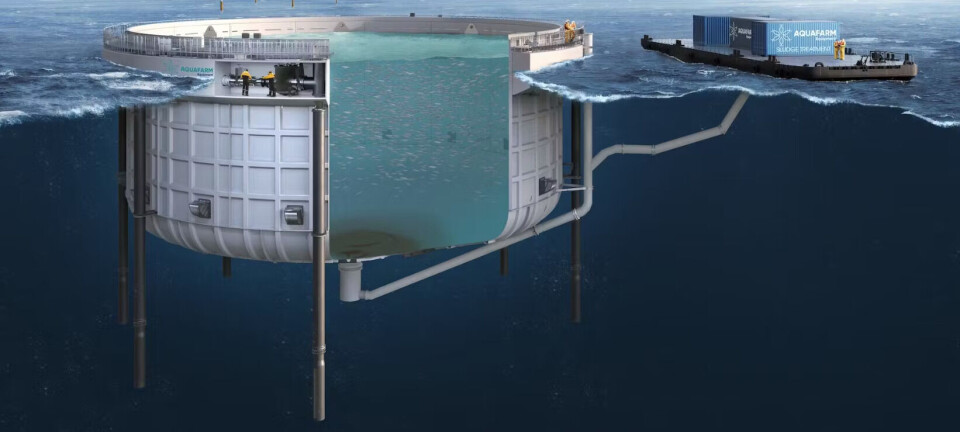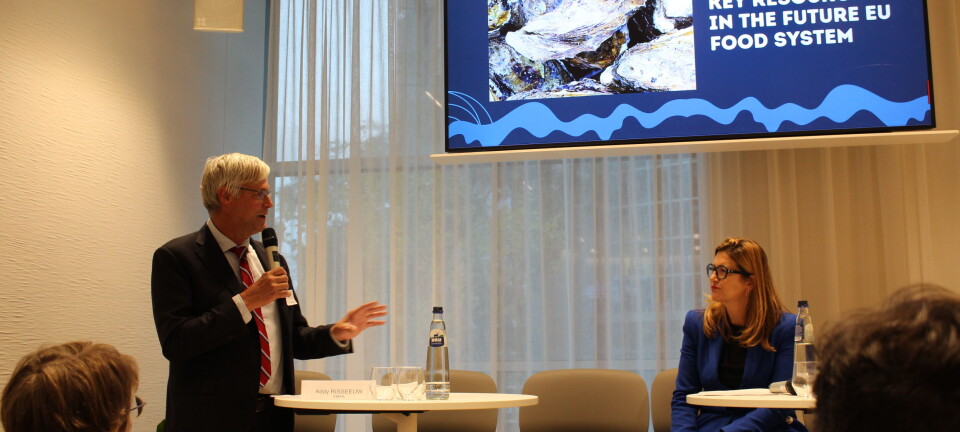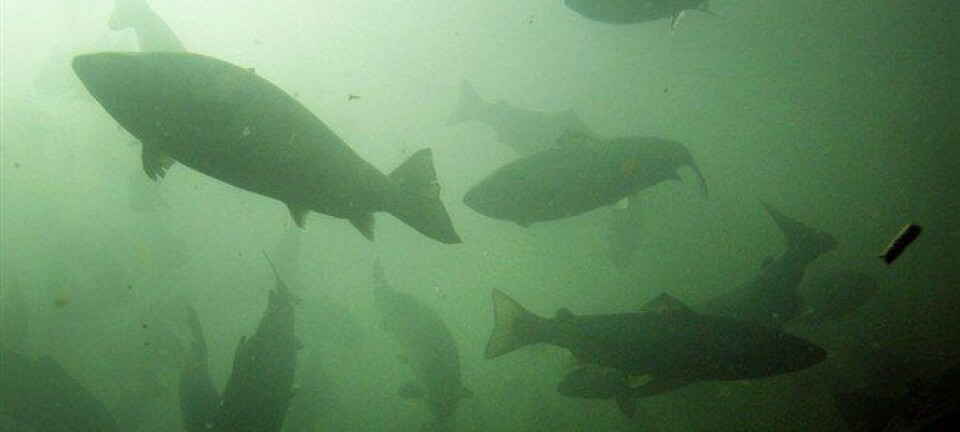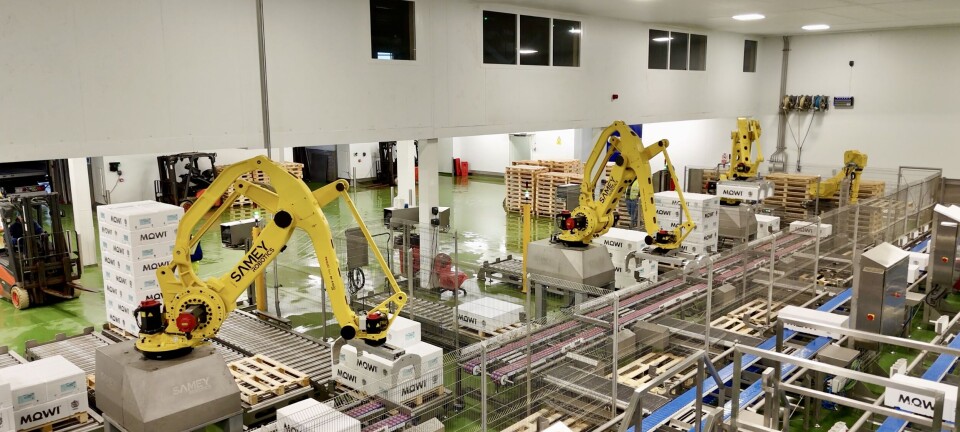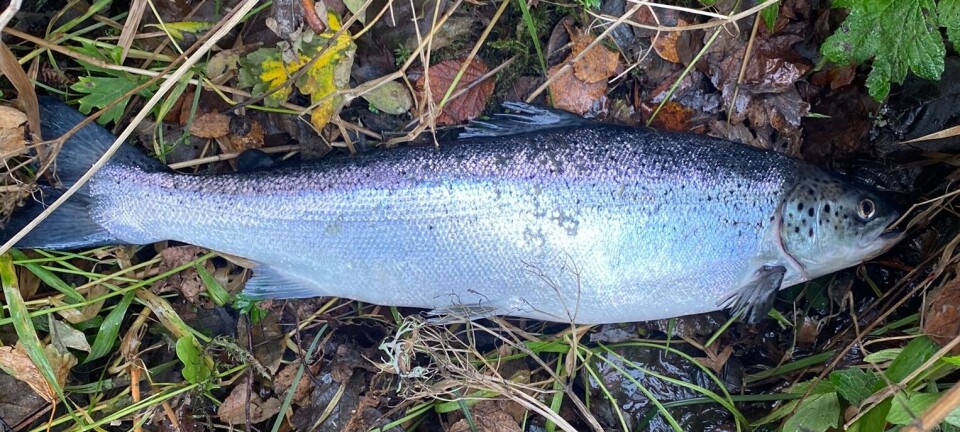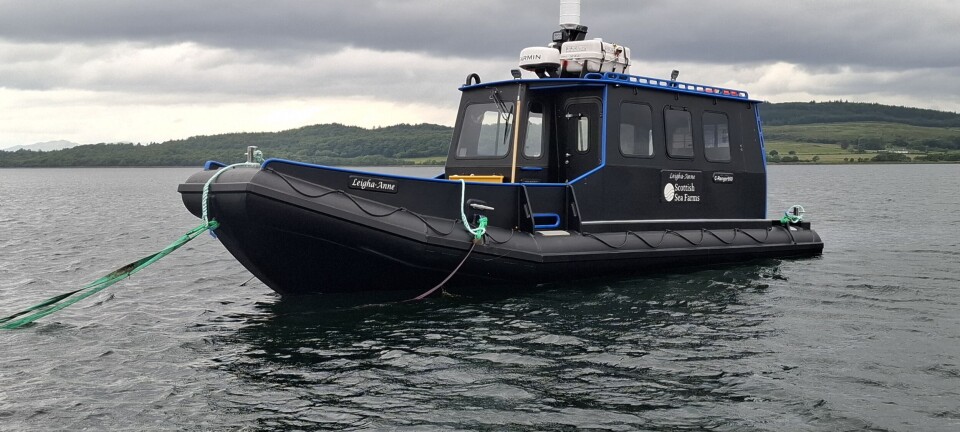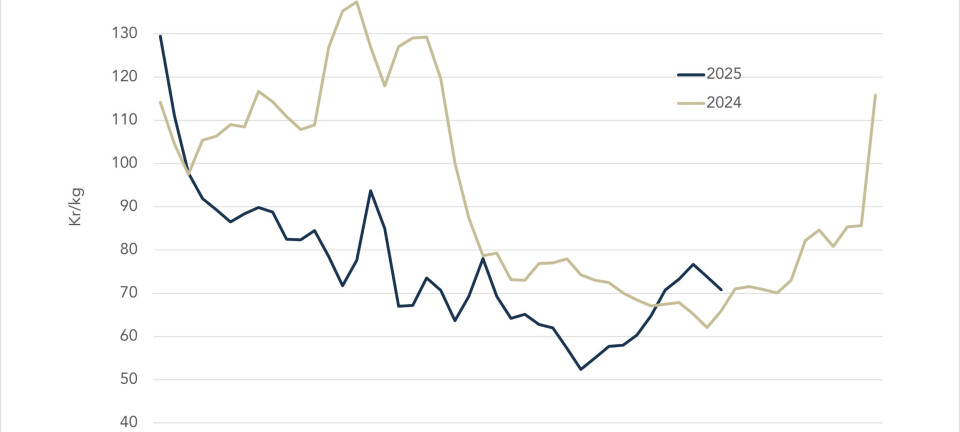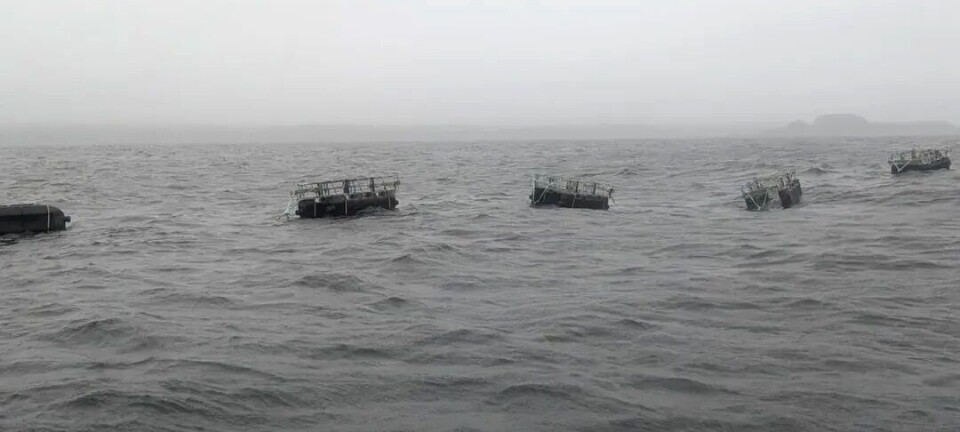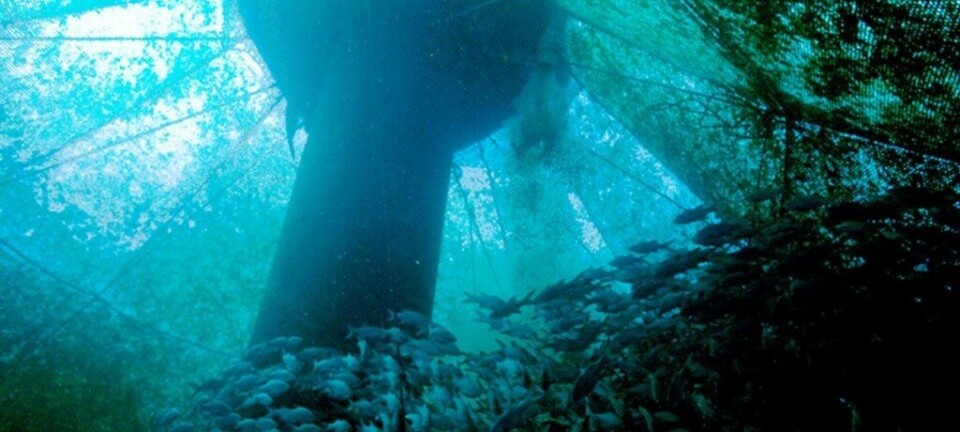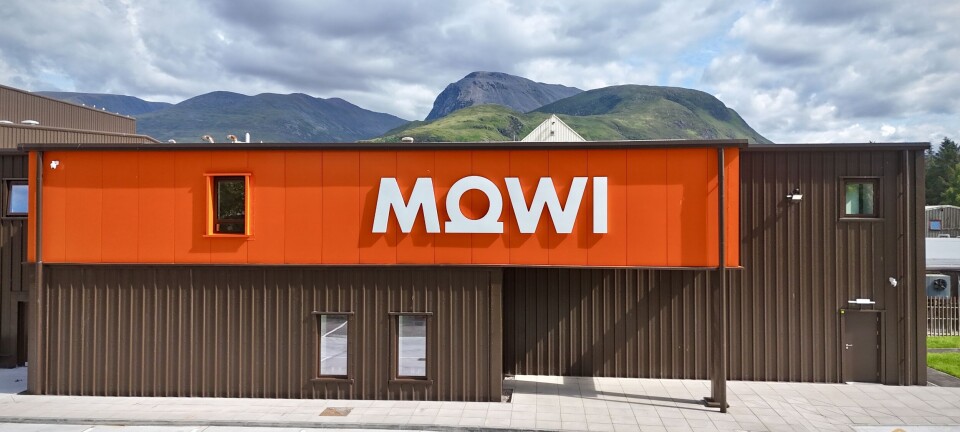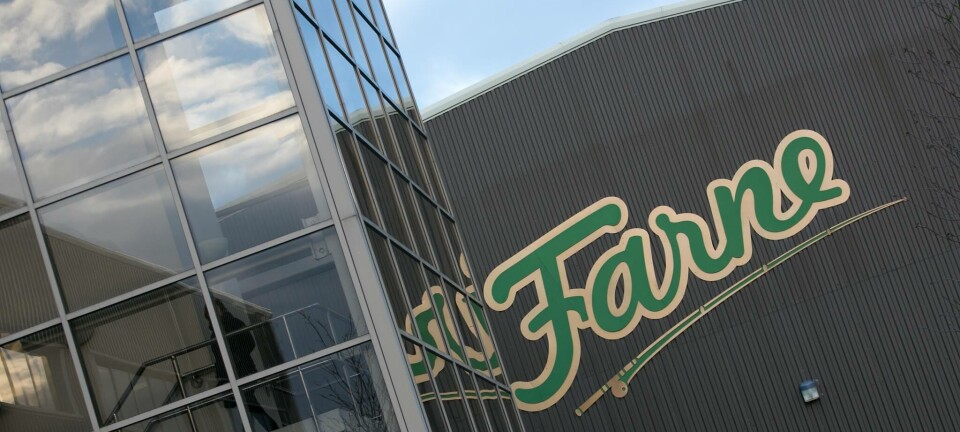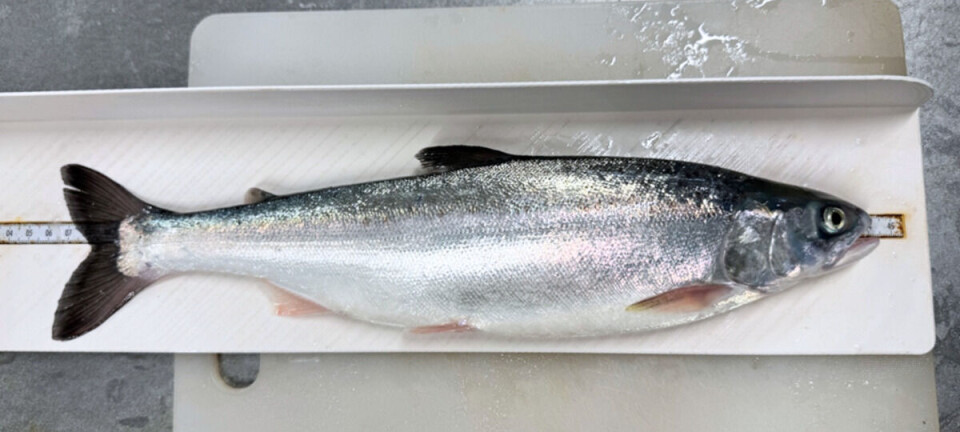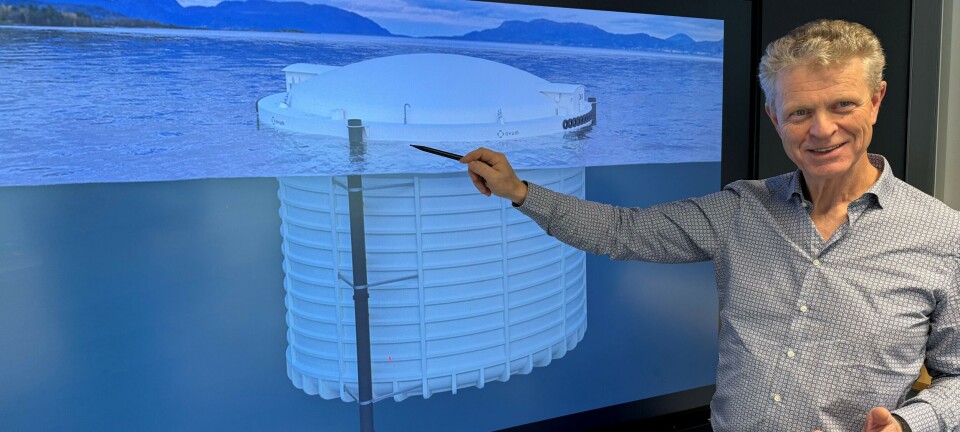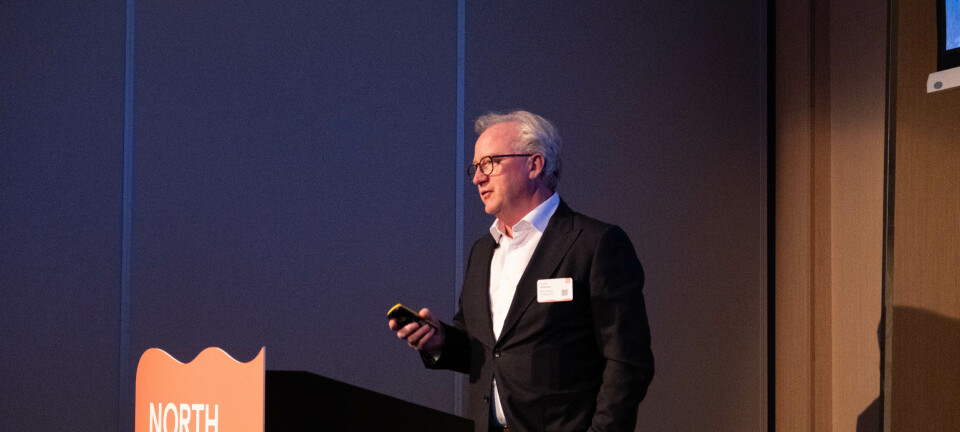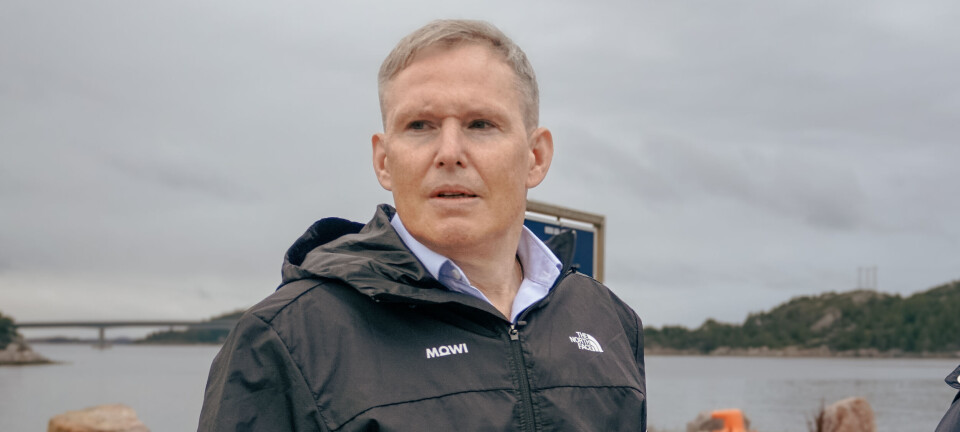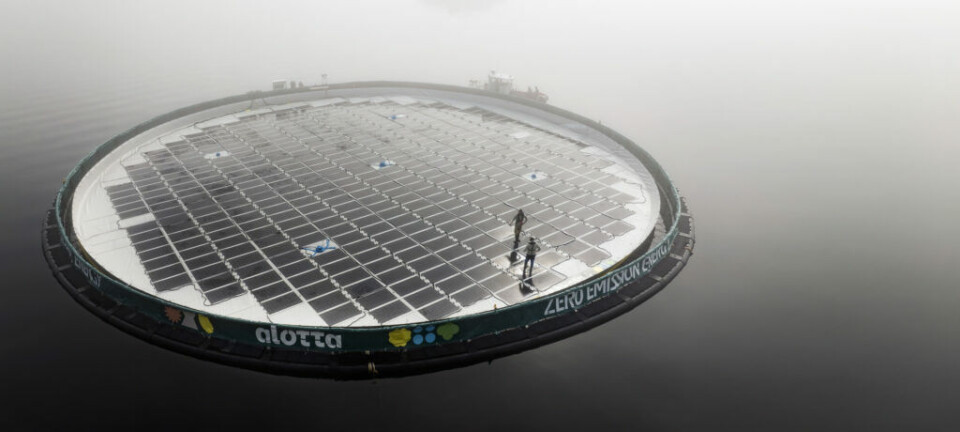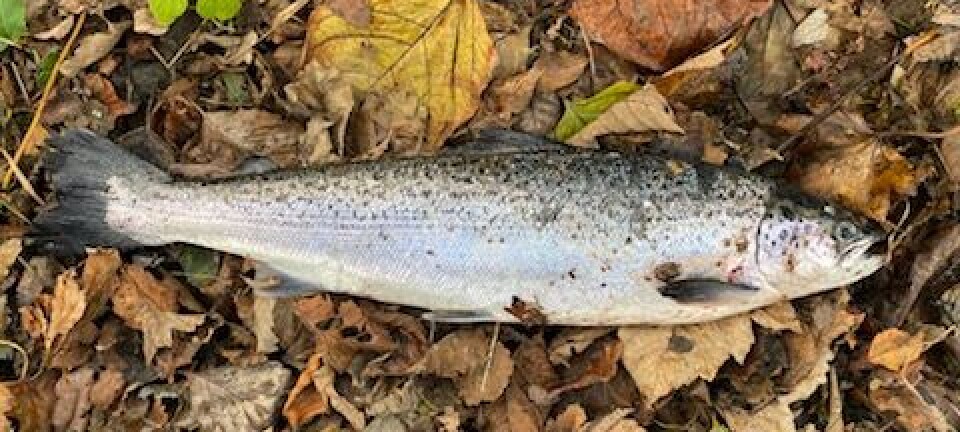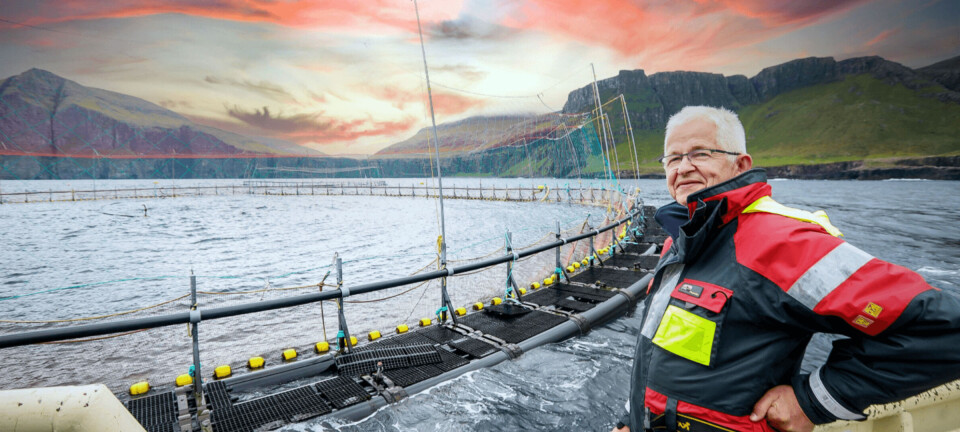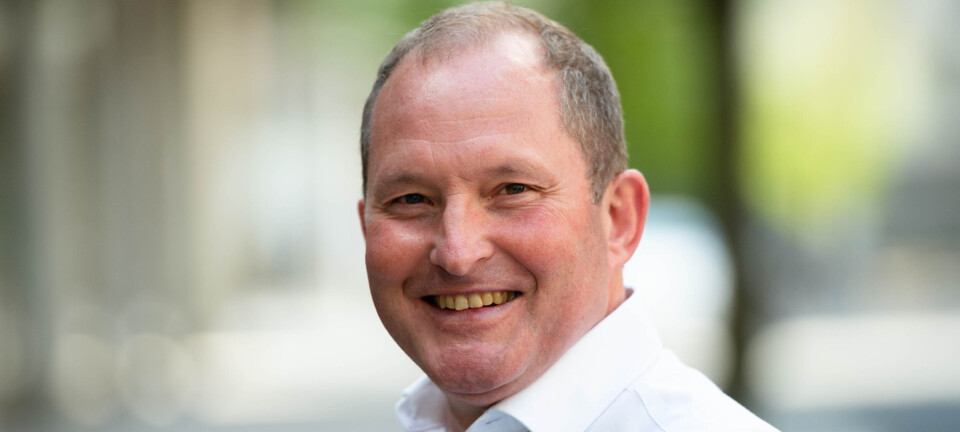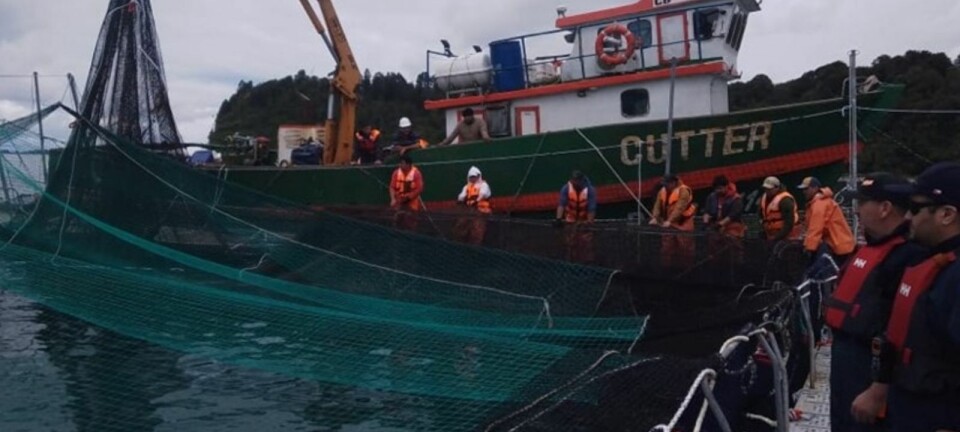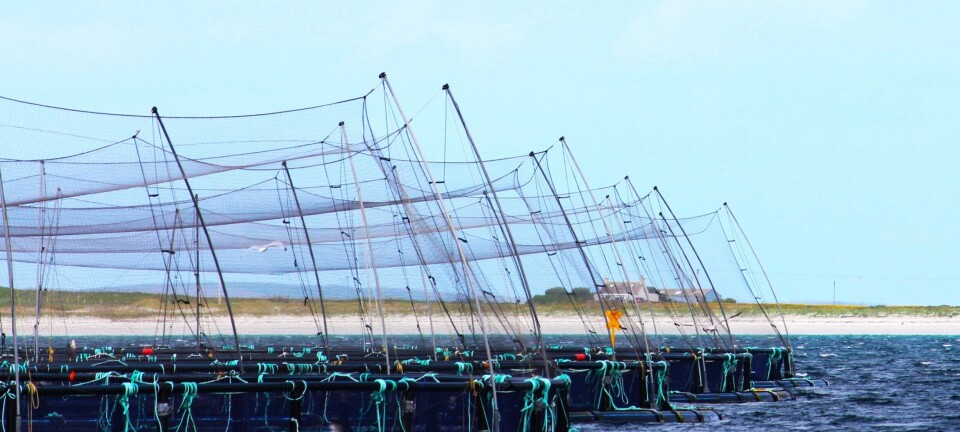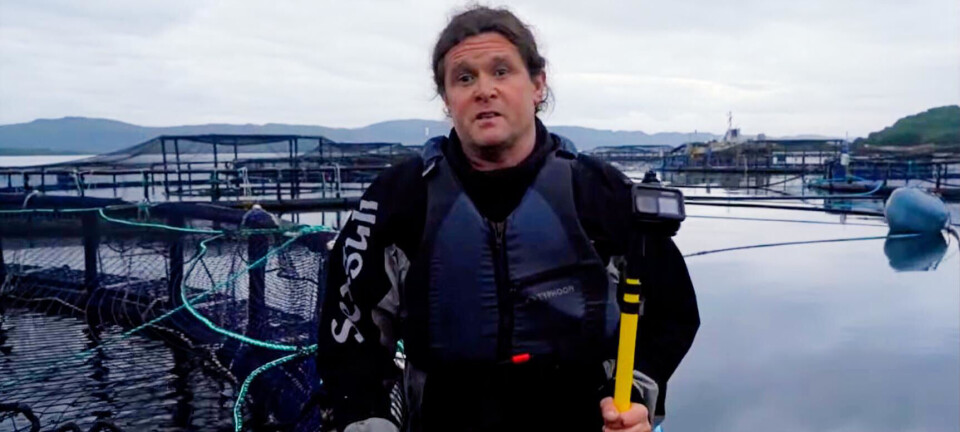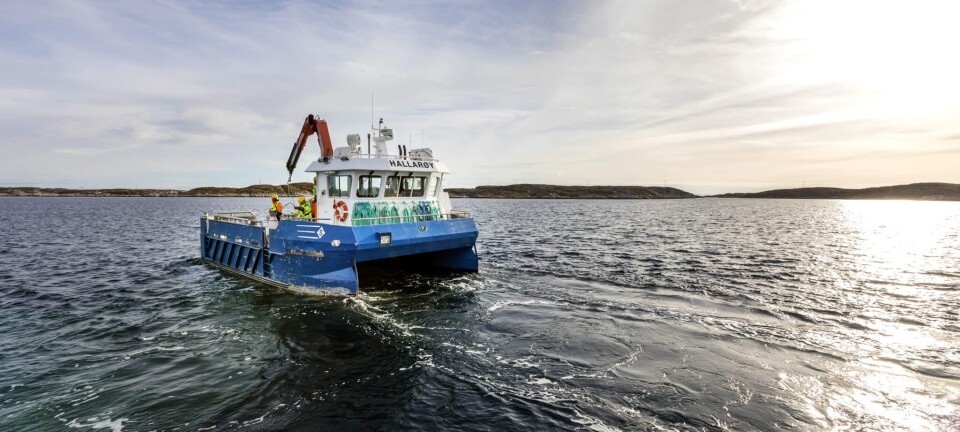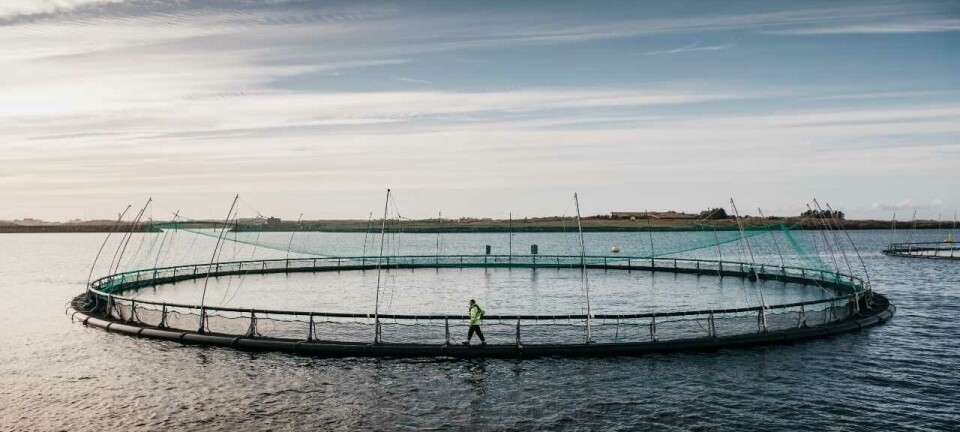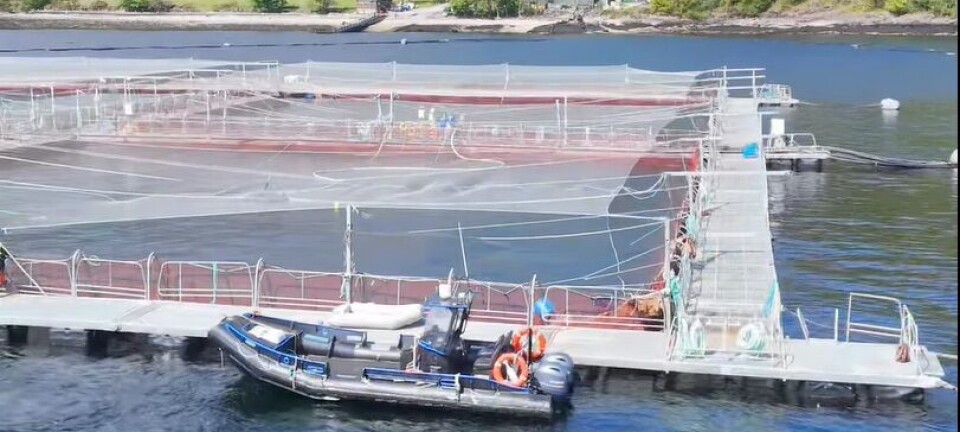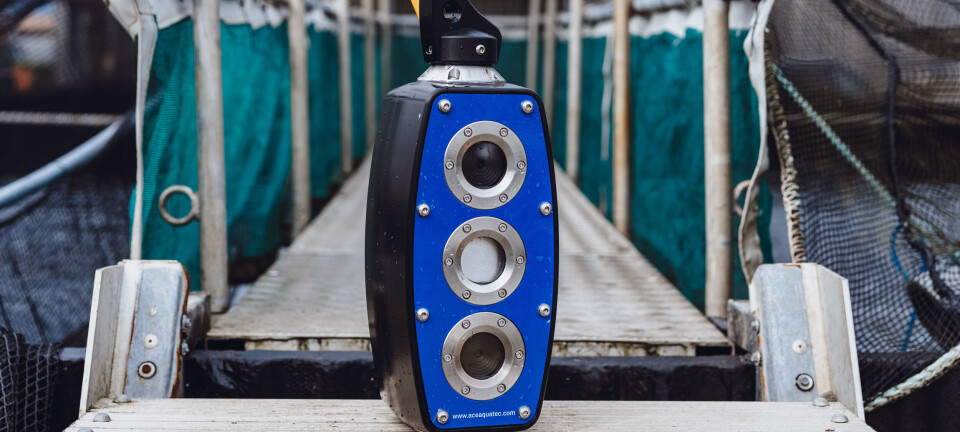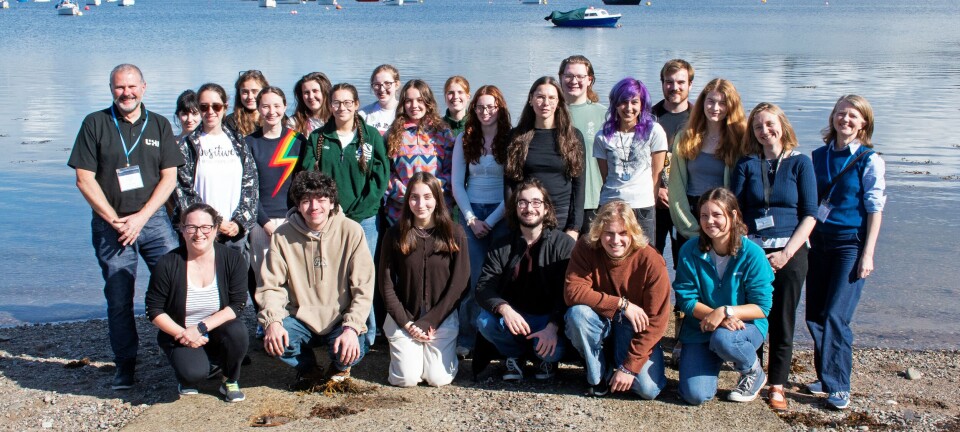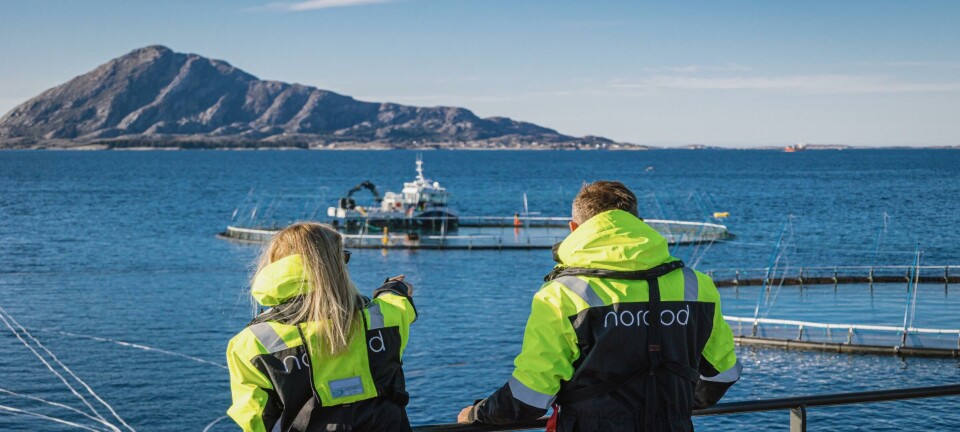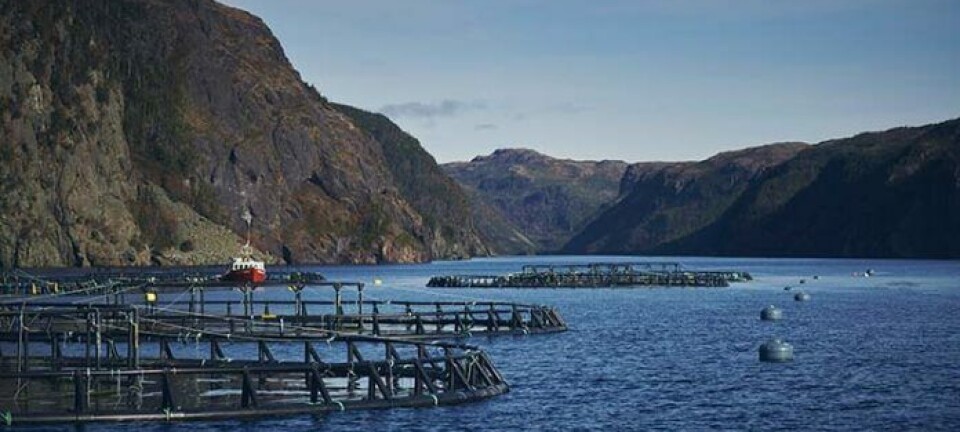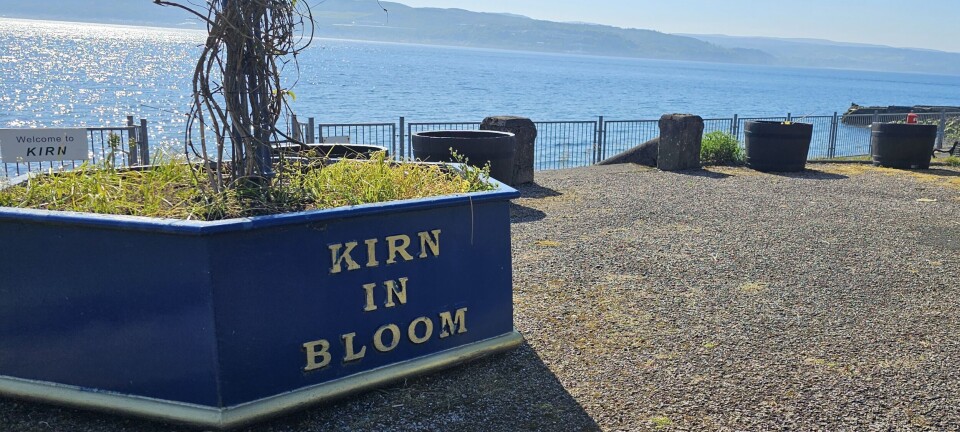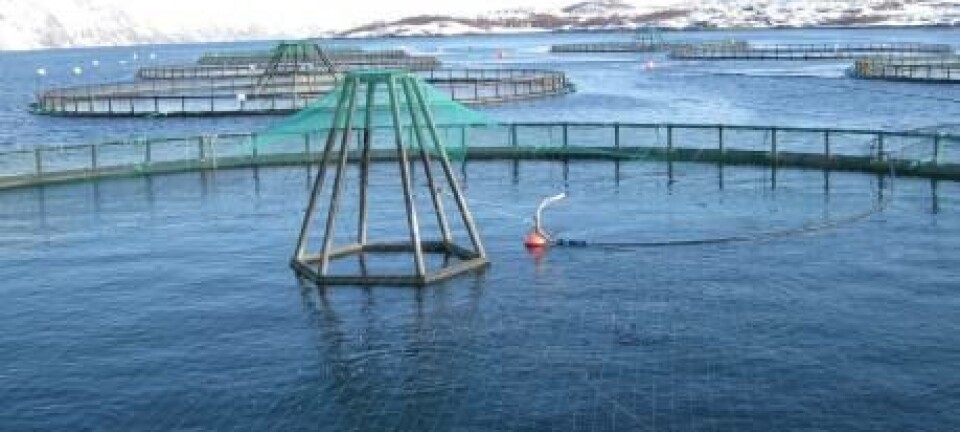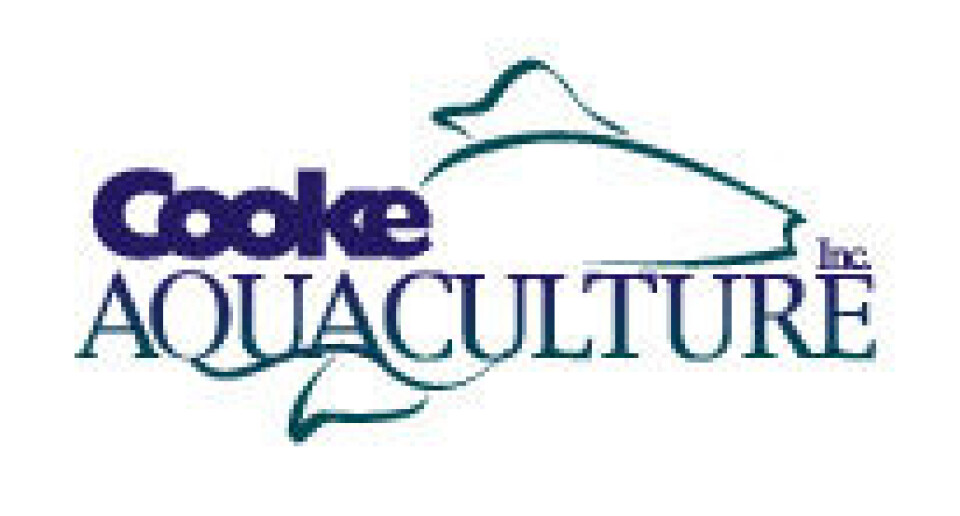
Cooke provides funding for fish farm research
There is no doubt that while this problem has mainly been a political one in British Columbia, the impact in some years by infections of farmed salmon by sea lice in Eastern Canada has been severe. Resistance to some of the most commonly used treatments has proven problematic, and government hesitance to approving new methods is another compounding factor. The carrying capacity of ocean areas like the Bay of Fundy has also been subject to much debate among scholars and scientists.
As Staff Reporter for the Chronicle Herald Selena Ross reports, a new initiative aimed at addressing these issues has been funded through a cooperative arrangement between Cooke Aquaculture and the Canadian government, where the parties jointly agree to contribute some CAD$ 1.6 (~€1.1 million) to the project:
Cooke Aquaculture will spend $800,000 (~€ 550,000) on Dalhousie research into sustainable fish farming, the university said Tuesday. Oceanographer Jon Grant will lead the new Cooke Industrial Research Chair in Sustainable Aquaculture. Cooke’s funding- to be doled out over five years- will be matched by an equal amount from the Natural Sciences and Engineering Research Council of Canada, or NSERC. The $1.6-million total is “quite significant,” Grant said. It will go toward his salary but will also allow him to train more graduate students. He works with about five students, and the new funding will allow him to at least double that number, he said.
The chair is one of several industrial research chairs the NSERC has created across Canada. Grant, who has long studied Cooke’s operations, co-ordinated the program by first negotiating with the company and then taking the proposal to the research council. “Cooke came to me saying that they were thinking of doing (research) on a larger scale, and knowing that they had sustain-ability issues,” Grant said. “There are cases where Cooke and other aquaculture companies have partnered with other researchers … but not on a sort of one-to-one comprehensive basis like this.”
The planned research will include looking at disease prevention and parasites, as well as examining aquaculture waste using computer models of a given ecosystem, Grant said. Researchers will be able to study the effects of farms bay by bay, he said. For example, “Is it too many (farms), are they in the right place, how can we minimize the damage of deposits of waste to the bottom?”
The NSERC needed to approve the research plan, which had to meet high scientific standards as well as benefit Cooke, said Grant. The approval process took a year. Grant specializes in aquaculture and the environment. Before the chair was created, his work already depended on co-operation from aquaculture companies, he said. “When they came to me, I was very happy to have an applied outlet for my work,” he said. “For aquaculture researchers, if you don’t work with industry, then your work has no application.”
Though many Nova Scotians have concerns about aquaculture, Grant said, Cooke’s research will help address those worries. “We are not at some point where we’re deciding, ‘Should aquaculture be in the ocean or on land?’” he said. “There’s a huge scope for aquaculture to be more sustainable in the ocean. And it’s not exhausted by any means, and that’s what we’re pursuing.” Glenn Cooke, CEO of Cooke Aquaculture, said the New Brunswick company wants to grow the industry while protecting the environment. “We understand that this pursuit requires constant investment and innovation,” Cooke said.
In addition to funding the research chair, the company will also provide short-term job opportunities for co-op or summer students “and in the longer term for graduates as they complete their research programs,” said a news release from Dalhousie. The university will also add a new professor next year in the field of sustainable aquaculture, said science dean Chris Moore. The Atlantic Veterinary College in Charlottetown will also collaborate on research, Grant said.
